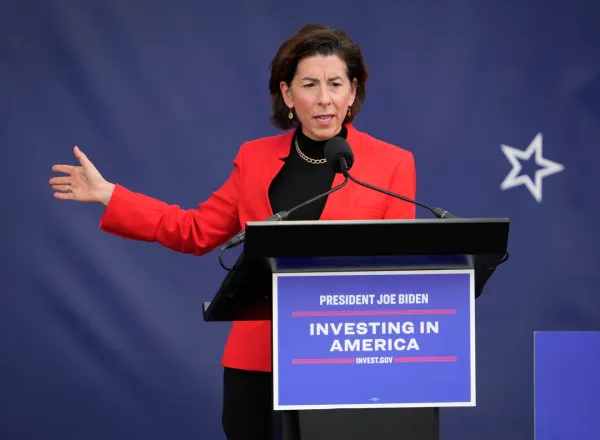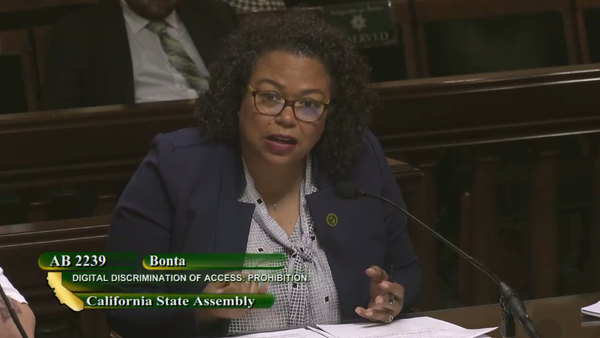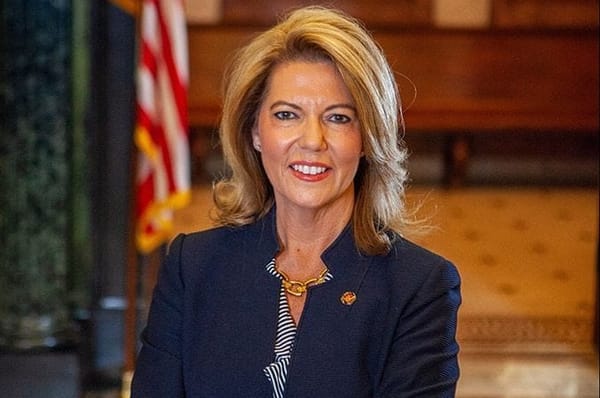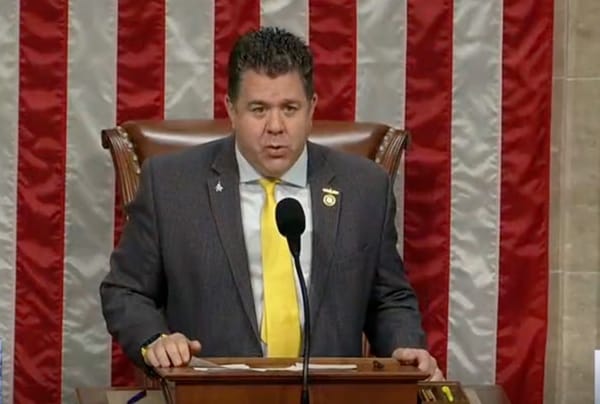Congress Revises Broadband DATA Act, New Jersey Has Best Internet, Bills Targeting Big Tech
The House of Representatives passed a revised version of the Broadband Deployment Accuracy and Technological Availability (DATA) act on Tuesday to the applause of many broadband advocacy groups. If signed into law, the DATA act would establish more rigorous rules for the Federal Communication Commis

The House of Representatives passed a revised version of the Broadband Deployment Accuracy and Technological Availability (DATA) act on Tuesday to the applause of many broadband advocacy groups.
If signed into law, the DATA act would establish more rigorous rules for the Federal Communication Commission’s collection of broadband data in the future. To much criticism, the FCC has been using Form 477 data that significantly underestimates the number of Americans without access to broadband. This bill would aim to correct that error.
The Wireless Internet Service Providers Association “applauds today’s House passage of S. 1822, a bipartisan, merged House-Senate broadband mapping bill, which seeks to fix our broken broadband maps,” said Christina Mason, vice president of government affairs for the trade group.
“If signed into law, S. 1822 would go far in shepherding limited government support to areas that truly lack broadband, efficiently delivering internet access to those who really need it, without overbuilding ISPs already there.”
“We are extremely pleased that Chairman [Frank] Pallone and Ranking Member [Greg] Walden and other congressional leaders agreed to amend the Broadband DATA Act to protect the integrity of the E-rate program,” said John Windhausen, executive director of the Schools, Health and Libraries Broadband Coalition, who said, “We thank Congress for – quite literally – putting anchor institutions on the map.”
BroadbandNow finds that New Jersey has the best internet, Alaska the worst
A new study by BroadbandNow ranked each state in the country based on the quality of its internet coverage. The methodology takes into account overall levels of access, pricing, and average download speeds.
Among the study’s findings:
- New Jersey ranks highest overall in the nation with 98% wired broadband coverage and 78% low-priced plan availability.
- Alaska ranks lowest overall, with 61% wired and fixed wireless broadband coverage and no low-priced (wired) plan availability.
- Despite being the 2nd largest state by population, Texas came in 8th overall for broadband availability and pricing. California, the largest state, came in 13th place.
- Affordable wired internet is most widely available in Rhode Island, where 89% of the population has access to a broadband plan $60 or under.
A roundup of legislation that seems designed to target Big Tech
The Verge’s Makena Kelly sums up the main legislation in Congress that threaten to rein in Big Tech. The article identifies four areas of legislation that are receiving traction in the form of sundry bills:
- Strengthening the federal data privacy framework
- Updating the Children’s Online Privacy Protection Act
- Establishing rules for digital advertising
- Targeting anti-competitive practices







